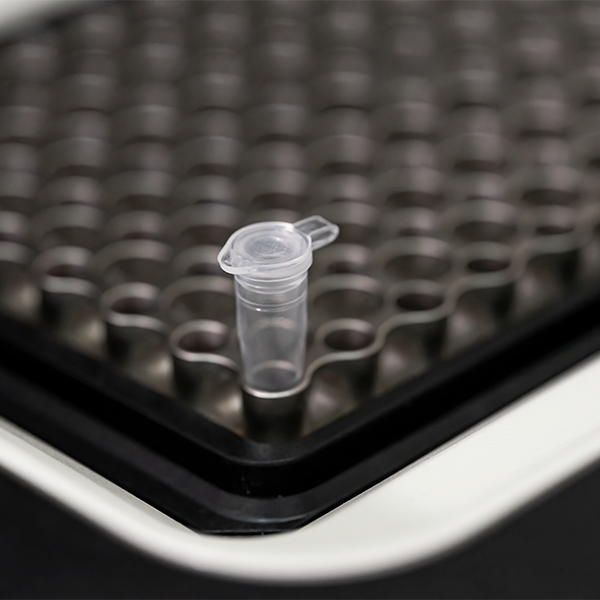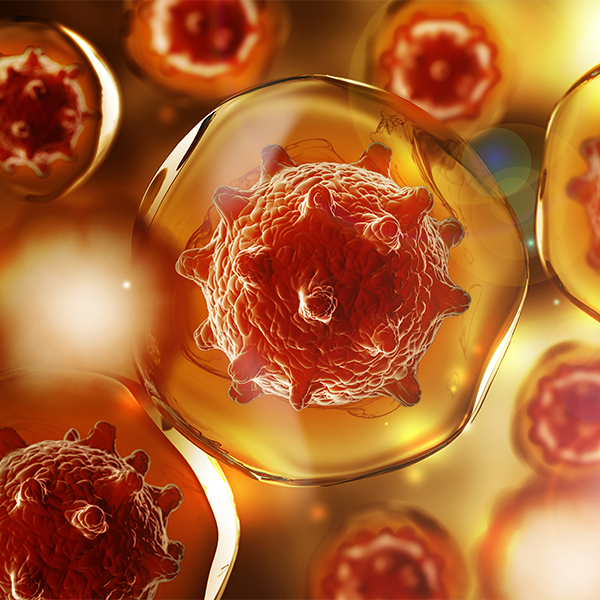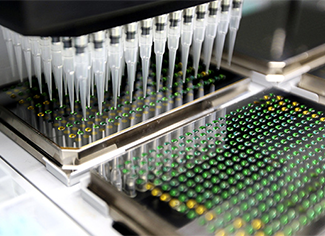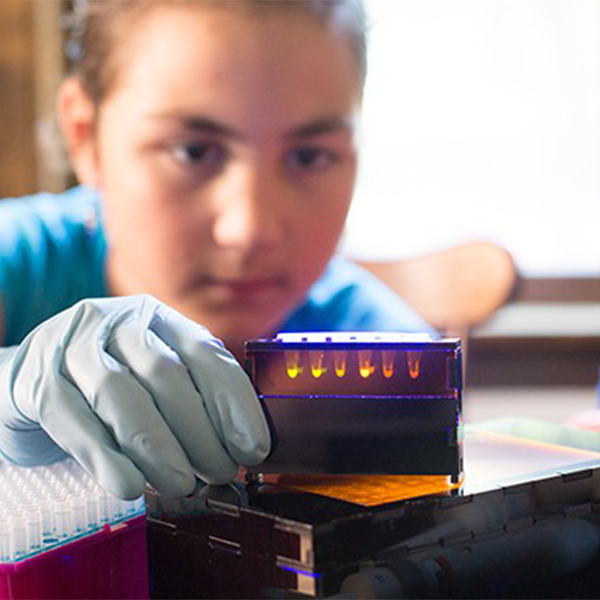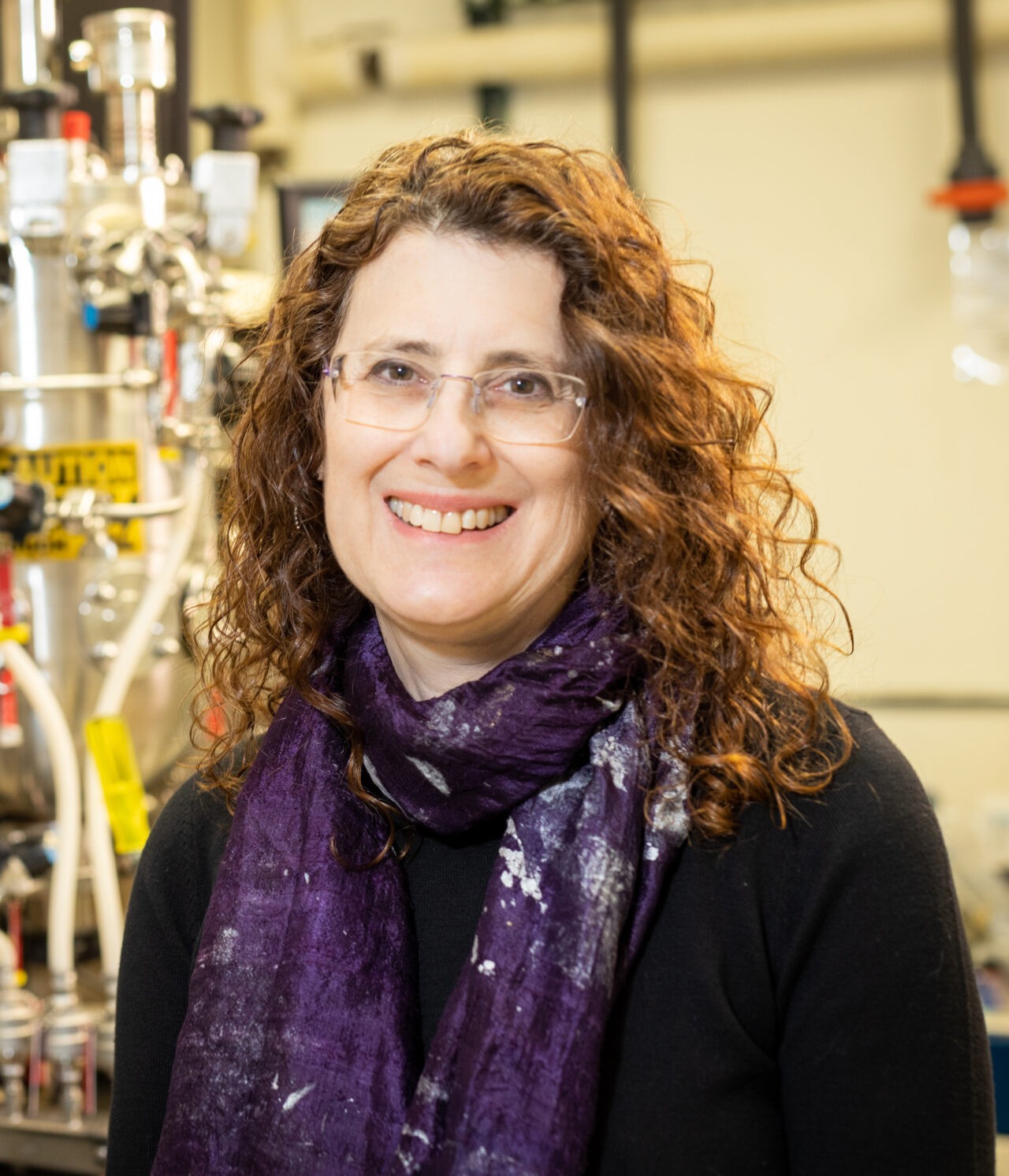Our Research
Synthetic biology offers the potential to transform industries, from medicine and agriculture to energy and environmental sustainability, by enabling the design and engineering of biological systems for desired functions. By partnering with biology, synthetic biology not only advances scientific understanding but also addresses pressing challenges, paving the way for innovative solutions to improve our world.
Applications & Research Areas
Our research creates innovative solutions in medicine, agriculture, energy, environmental sustainability, and beyond.
- Read our Collection of Publications
- View our state-of-the-art Biofoundry
- Learn about our Collaborative Research Areas
Our Research Framework
Synthetic biology across scales
Our approach to research offers an interconnected perspective, analyzing phenomena across spatiotemporal scales. We engineer functions holistically from the molecular level to societal impact, uncovering the intricate relationships and dependencies that drive innovation in synthetic biology. This unique framework enables us to navigate the intersection of science, technology, and ethics for more responsible and impactful advancements.
Understanding the intricate interplay between society and synthetic biology is crucial for navigating the ethical, regulatory, and practical implications of this transformative field. By examining how synthetic biology innovations intersect with societal values, needs, and concerns, we can ensure responsible and informed advancements that contribute positively to both science and society.
Exploring biological communities involves unraveling the intricate interactions and dynamics within ecosystems of living organisms. By comprehending the intricate relationships, dependencies, and emergent properties at this scale, we can design interventions that promote ecological balance and harness the collective potential of organisms to address challenges in diverse fields.
Understanding cell and cell-free systems in synthetic biology entails unraveling the complex mechanisms that govern cellular processes, both within living cells and in isolated, cell-free environments. By deciphering the intricate molecular pathways, regulatory networks, and biochemical reactions, we gain insights into how these systems can be engineered to produce novel functionalities, advancing applications ranging from biotechnology to medicine.
Understanding biological networks and circuits in synthetic biology involves deciphering the intricate connections and interactions among genes, proteins, and molecules within living organisms. By mapping and engineering these networks, we can manipulate cellular behaviors, design specific responses, and create synthetic organisms with tailored functions, revolutionizing fields from bioengineering to biocomputing.
Understanding biological molecules is the foundation for manipulating life’s building blocks to create new functionalities. By delving into the properties, structures, and functions of DNA, RNA, proteins, and other biomolecules, we unlock the potential to engineer biological systems at the fundamental level, driving innovations across diagnostics, therapeutics, and materials science.
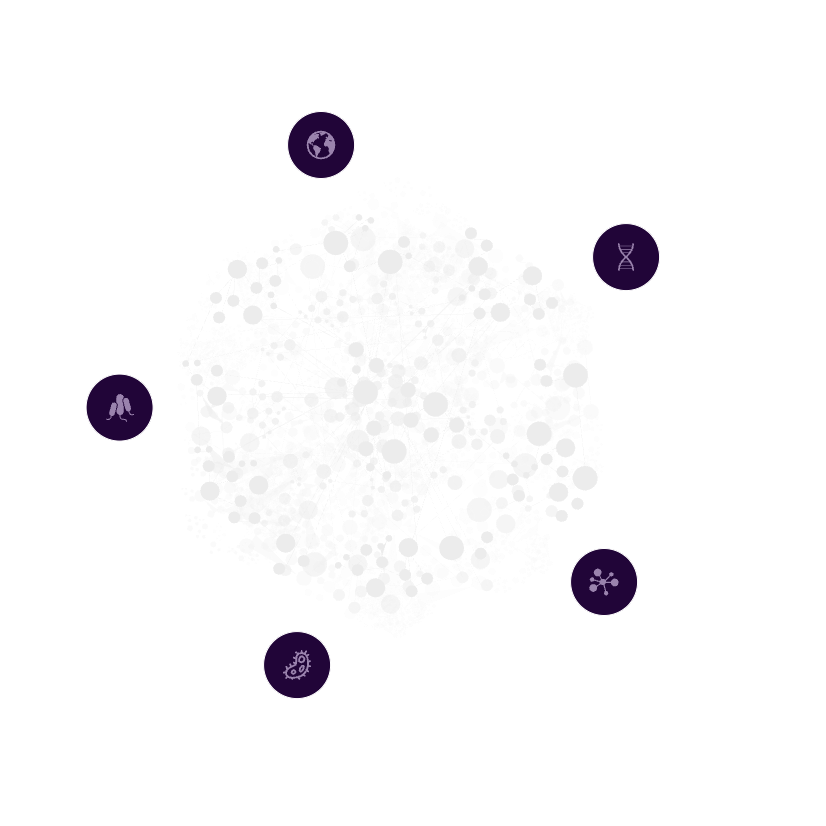





Collaborative Research Areas
Collaboration creates new solutions
